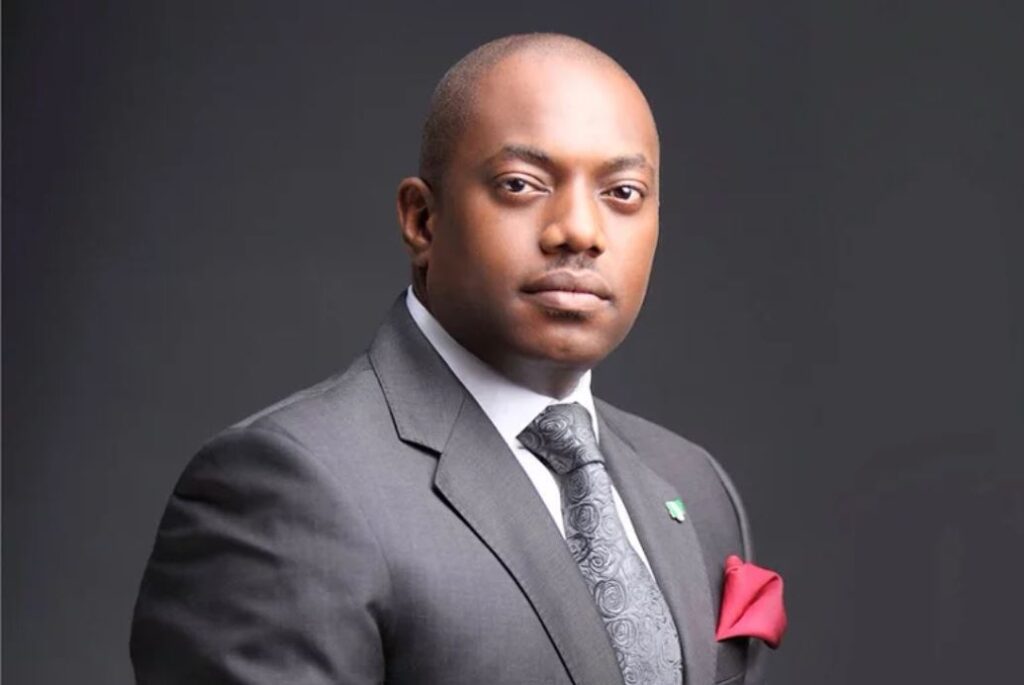Renowned leadership coach and former presidential candidate of the defunct Alliance for New Nigeria, Fela Durotoye, has shared an inspiring story of how he resisted immense pressure to engage in a fraudulent government deal worth N5bn.
Speaking at the Pentecostal Fellowship of Nigeria’s biannual conference in Abuja on Tuesday, February 12, Durotoye recounted the experience as a crucial test of his integrity.
According to Durotoye, he was approached by a government official claiming to be a pastor, who offered him a lucrative training contract.
The programme involved training individuals across Nigeria’s 774 local government areas within eight weeks. Initially, Durotoye was assured he fit the criteria for the job and was asked to submit an invoice for the project. His team calculated a fair price of N1.3bn for the training.
However, just three days later, he received a call from the presidency.
“I got a call congratulating me that I had secured the job. But they said the amount I was asking for was too small. They promised to add N700m, making it N2bn, and then asked me to submit an invoice for N5bn,” he revealed, adding that the deal occurred during a past administration.
Alarmed by the unethical request to inflate the price, especially for a programme centred on ethical leadership, Durotoye questioned the integrity of the deal.
The official dismissed his concerns, saying that there was no wrongdoing involved and that he deserved compensation for his service to the country.
Facing mounting pressure, Durotoye made a firm decision: he switched off his phone.
Three months later, news emerged that the Economic and Financial Crimes Commission (EFCC) had arrested some presidency officials for embezzling N426m from an ethical leadership training fund.
Reflecting on the experience, Durotoye highlighted the importance of strong moral values in resisting corruption.
“Only your values can help you turn down corrupt tendencies,” he said.
Durotoye also spoke about his time as Special Assistant to the President under the Tinubu administration, where he refused to accept an official car, a house, or a salary for his service.
He shared that his refusal to accept these perks made it difficult for some government officials to pin him to any allegations of corruption.
Despite the challenges, he expressed that he found like-minded individuals within the government who shared his commitment to integrity.
“When we have the right values, there won’t be corruption in this land,” he concluded, emphasising the need for values-based leadership in Nigeria.



